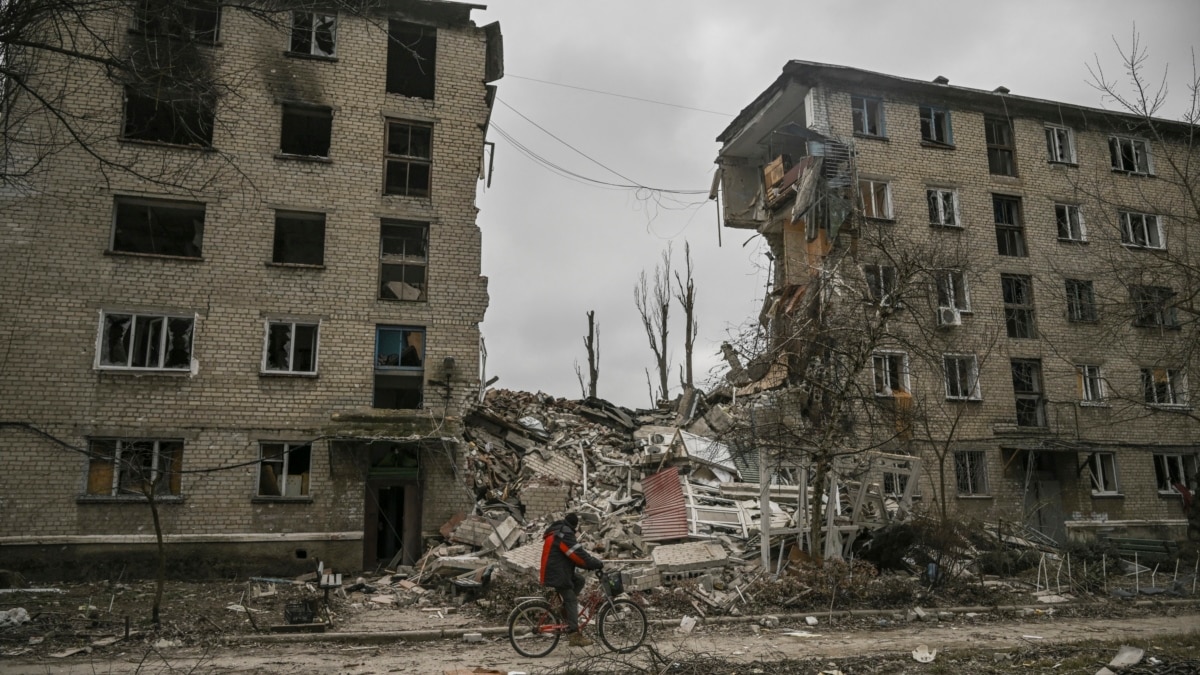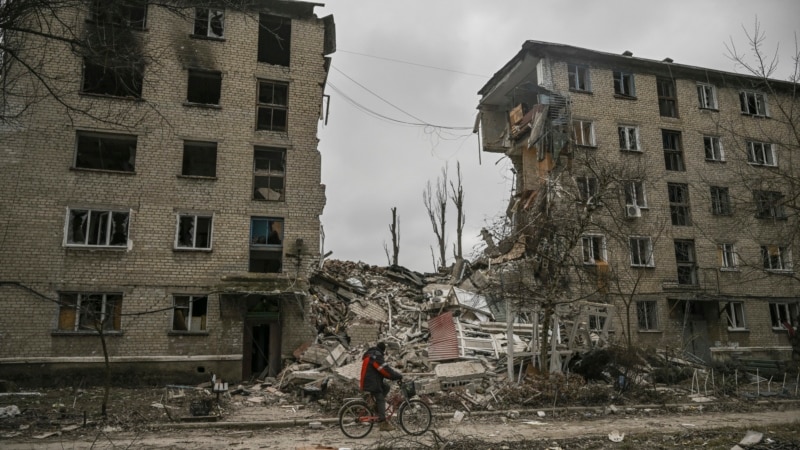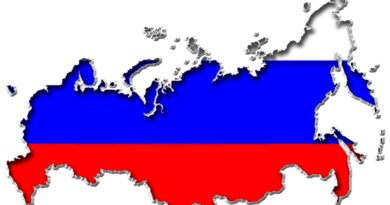Putin Lied and Misled During Virtual G20 Meeting

During the online G20 summit on November 22, Russian President Vladimir Putin made several false and misleading claims. This fact-check debunks four of them.
First, Putin posed as a peace seeker and blamed the war he launched against Ukraine on Ukraine:
“It is not Russia, but Ukraine that has publicly announced that it is withdrawing from the negotiation process. Moreover, the country’s leader signed an executive order prohibiting such negotiations with Russia.”
That claim is misleading.
Putin can stop the war at any time. Instead, he keeps sending troops into Ukraine and makes laws to legitimize the occupation of Ukrainian territory and the abduction of Ukrainian children.
Putin ordered Russian troops into Ukraine on February 24, 2022, and reportedly planned to host a victory parade at Kyiv’s iconic Maidan Square a week later.
Prior to the invasion, Putin had written an op-ed declaring Ukraine an integral part of Russia and denying its history and right to sovereignty. He has since reaffirmed that view in his public addresses and policy.
Until the day of the invasion, Putin lied to his foreign counterparts about his war plans, while his agencies portrayed repeated warnings from the United States about a possible invasion as “Russophobic hysteria.”
Throughout the more than 20 years he has ruled Russia, Putin has repeatedly violated international treaties and has broken his promises. Ukraine’s top diplomat Dmytro Kuleba called Vladimir Putin a “habitual liar” in a November 14 post on X explaining why Ukraine cannot trust the Russian leader to keep his part of a bargain.
The Institute for the Study of War, a Washington, D.C.-based think tank, said in a report last month that there are no signs of Russia seeking peace talks to end the war:
“The Kremin continues to believe that it is possible to achieve its objectives with military force and is unlikely to enter peace negotiations with Ukraine, except to buy time to reconstitute for future offensive operations.”
On November 10, 2022, Ukrainian President Volodymyr Zelenskyy told CNN that Ukraine was ready for negotiations “but with a different Russia,” one “that is truly ready for peace.”
After blaming the war on Ukraine, Putin then turned to his reasons for starting the war. He repeated a systematically debunked characterization of Ukraine’s Revolution of Dignity as a “military coup” and accused Kyiv of atrocities in Donbas — the Ukrainian region where Russia has been orchestrating violent separatist uprising since 2014. Using a propaganda tactic labeled “whataboutism,” Putin told G20 leaders:
“But what about the bloody coup in Ukraine in 2014, which was followed by the Kyiv regime’s war against its own people in Donbass? Did that not shock you?”
A coup d’etat, according to Encyclopedia Britannica, is “the sudden, violent overthrow of an existing government by a small group” that controls “all or part of the armed forces, the police, and other military elements.” In contrast, a revolution “is usually achieved by large numbers of people working for basic social, economic, and political change.”
The military played virtually no role in the events of 2014 in Kyiv. One military unit of the Ukrainian Ministry of Internal Affairs was ordered to into Kyiv to help suppress the Maidan protesters, not to help them. Members of that unit were trapped in their barracks by protesters and never made it to the capital.
Viktor Yanukovych abandoned his post as Ukraine’s president and fled to Russia amid mass protests against his refusal to sign an association agreement with the European Union, not because of machinations by his country’s political or military elite.
In March 2014, Russia illegally annexed Crimea. That same month, a group of armed Russian militants led by Igor “Strelkov” Girkin, a Russian citizen and former Russian intelligence officer, infiltrated the Donbas and started a military conflict there.
By August 2014, Russia had already deployed regular army units to Donbas to support Girkin’s militants.
The European Court of Human Rights ruled in January 2023 that areas of the Donbas “from 11 May 2014 and up to at least 26 January 2022” were “under the jurisdiction of the Russian Federation.”
Then came the bragging. Ignoring Russia’s destruction of Ukrainian towns and cities, devastation of its agricultural and industrial infrastructure, and the fact that the war is exhausting Ukraine’s human resources, Putin criticized Ukraine’s economic situation while portraying Russia as a trustworthy global philanthropist:
“Market turbulence is on the rise. Chronic issues in the international financial sector, as well as energy and food security challenges, are intensifying. By the way, Russia is fulfilling all its commitments in this area and remains one of the largest food exporters. I am here to let you know that the first ships with free Russian grain have been sent to African countries in need.”
That claim is misleading.
On September 4, after holding talks with Turkish President Recep Tayyip Erdogan, Putin refused to renew Moscow’s participation in a grain deal that would have allowed Ukraine to export grain from its Black Sea ports, supporting global food security.
Before the war, Ukraine was one of the world’s main grain exporters. According to the U.N. Food and Agriculture Organization, in the 2020-2021 agricultural season, Ukraine accounted for “10% of the total world market for both wheat (20 million tons) and grain (51.2 million tons) as a whole.”
Since February 24, 2022, Russia’s navy has blockaded Ukrainian ports. The sea routes Ukraine used to supply about 90% of agricultural goods were cut off.
In July 2022, Ukraine signed the Black Sea Grain Initiative with Russia, brokered by Turkey and the U.N., which allowed Ukraine to once again export grain from its ports. However, Russia withdrew from the deal in July 2023 and began systematically targeting Ukrainian sea ports with missile attacks.
Finally, Putin claimed that Russian troops are in Ukraine to “restore justice”:
“I would also like to note that the enormous stress on the global economy is a direct consequence of the ill-considered macroeconomic policies of some countries. … It is not our actions, not our attempts to restore justice in Ukraine.”
In fact, Russian troops in Ukraine have been accused of committing all sorts of grievous injustices, including those serious enough to qualify as war crimes, and even genocide.
Putin himself is accused of war crimes for the mass abduction of Ukrainian children, and the International Court of Justice has issued an international warrant for his arrest. This limits Putin’s ability to travel outside Russia, but he can still participate in virtual meetings like the one just held by the G20.
This article has been archived for your research. The original version from Polygraph.info can be found here.



